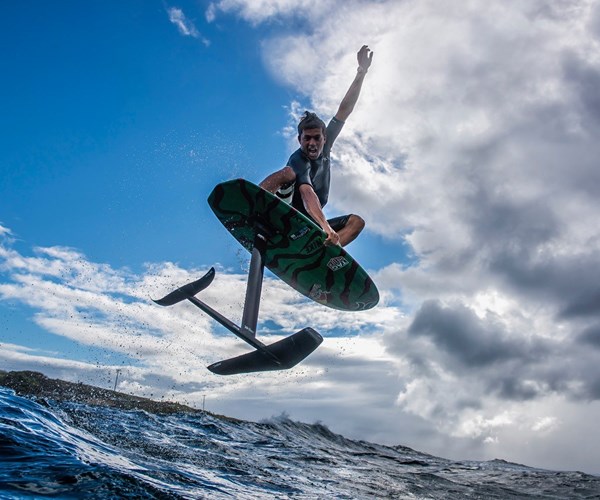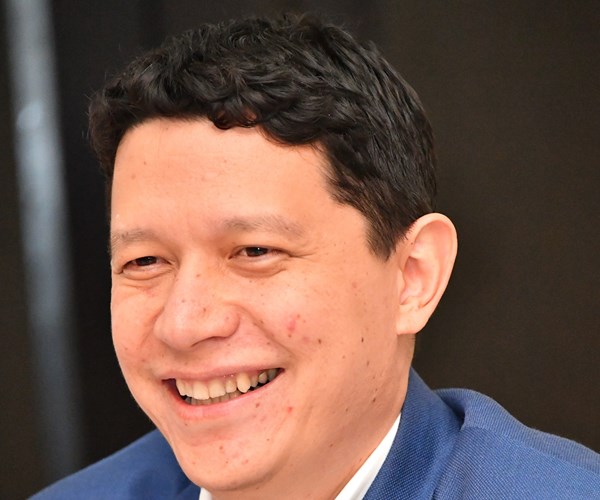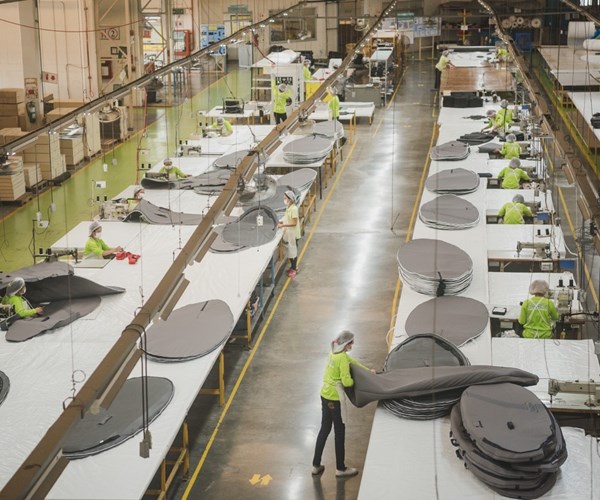Episode 22: Danu Chotikapanich, Cobra International
Danu Chotikapanich, CEO of COBRA International, discusses COBRA’s history in watersports products and its ever-expanding composites business in multiple markets.
In this episode of CWTalks, Senior Editor Sara Black talks with Danu Chotikapanich, CEO of COBRA International Co. Ltd. (Chonburi, Thailand), a world leading composites fabricator in watersports, automotive and various other markets.
Founded in 1978 by Vorapant Chotikapanich, chairman and majority shareholder and Danu’s father, COBRA’s initial focus was watersports. By 1999 the company had become the leading manufacturer of windsurf boards with over 50% world market share. Since then COBRA has expanded into general composites markets, including the automotive industry.

Appointed CEO in 2005, Danu has made strides with the company’s visual carbon composites automotive business and established COBRA’s Design and Development center. Today, COBRA is recognised as a key composites partner in the marine, transportation, infrastructure and architectural markets, while retaining its reputation as the world’s leading manufacturer of watersports products.

Danu Chotikapanich, CEO of COBRA International

This year marks COBRA’s 40th anniversary in business.

Photos courtesy of COBRA International
You can listen to the full CW Talks interview above or visit:
Related Content
-
CompPair healable composites, recycled carbon fibers featured in ID Genève luxury watch
HealTech prepregs enable 400x faster regenerative properties for the new Circular C product, along with incorporation of industrial waste fibers for a sustainable touch.
-
Toray rCF from Boeing 787 is incorporated into ultra-light laptops
Torayca-based aerospace components have successfully been repurposed into the Lenovo ThinkPad X1 Carbon Gen 12, highlighting the ongoing application of recycled composites.
-
Injection molding expertise achieves composites mobility innovation
JEC World 2025: A partner in three JEC Award products, Engel demonstrates how its injection molding equipment can set new benchmarks in applications like bike handlebars and interior vehicle components.





